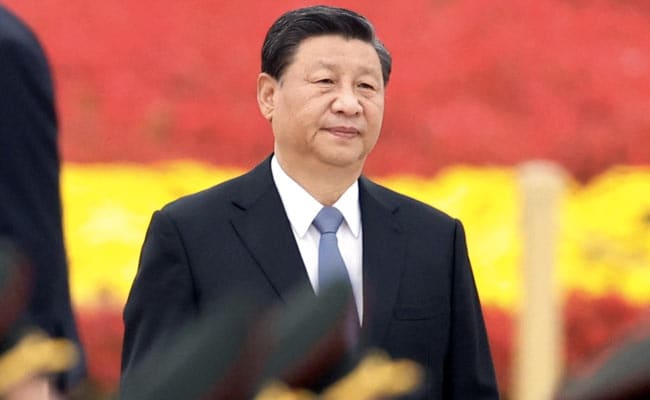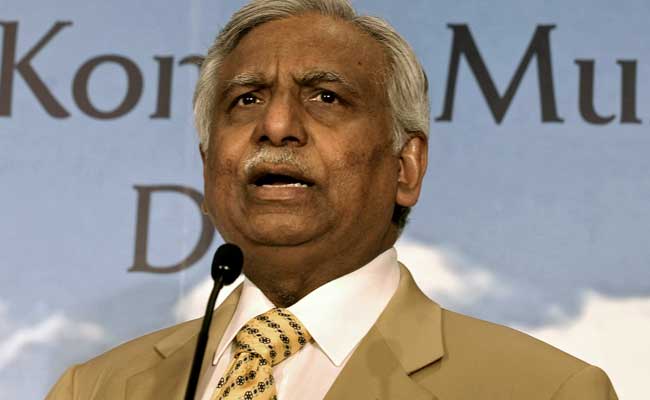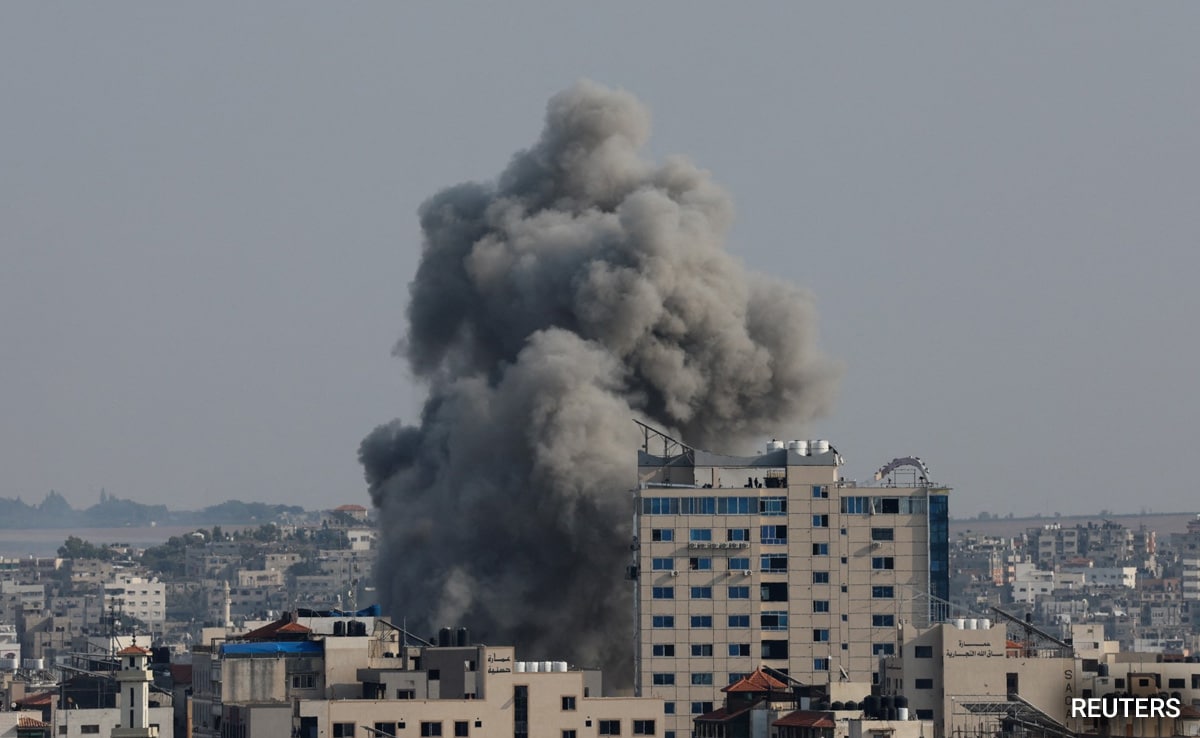Iranian President Ebrahim Raisi speaks during a commemoration for the late Revolutionary Guard Gen. Qassem Soleimani, who was killed in a U.S drone attack in 2020 in Iraq, at the Imam Khomeini grand mosque, Jan. 3, 2024, in Tehran, Iran. Raisi, the country’s Foreign Minister and others have been found dead at the site of a helicopter crash after an hourslong search through a foggy, mountainous region of the country’s northwest, state media reported Monday, May 20, 2024.
| Photo Credit: AP
Iran’s President Ebrahim Raisi was killed in a helicopter crash, an Iranian official and Mehr news agency reported on Monday. Below is a brief outline of what Iran’s constitution says happens when a President is incapacitated or dies in office:
Also Read: Iran helicopter crash LIVE Updates
- If a President dies in office, article 131 of the Islamic Republic’s constitution says that the first Vice President — who is Mohammad Mokhber — takes over, with the confirmation of the supreme leader, who has the final say in all matters of State in Iran.
- A council consisting of the first Vice President, the Speaker of Parliament and the Head of the Judiciary must arrange an election for a new President within a maximum period of 50 days.
Mr. Raisi was elected President in 2021 and, under the usual timetable, a presidential election had been due to take place in 2025. Under constitutional rules, it can now be expected to take place by early July.
Who is Mohammad Mokhber?
Here are some key facts about Mohammad Mokhber, 68, Iran’s first Vice President who became interim President on the death of Ebrahim Raisi in a helicopter crash.
- Born on Sept. 1, 1955, Mr. Mokhber, like Mr. Raisi, is seen as close to Supreme Leader Ali Khamenei, who has the last say in all matters of state. Mr. Mokhber became first Vice President in 2021 when Mr. Raisi was elected President.
- Mr. Mokhber was part of a team of Iranian officials who visited Moscow in October and agreed to supply surface-to-surface missiles and more drones to Russia’s military, sources told Reuters at the time. The team also included two senior officials from Iran’s Revolutionary Guards and an official from the Supreme National Security Council.
- Mr. Mokhber had previously been head of Setad, an investment fund linked to the Supreme Leader.
- In 2010, the European Union included Mr. Mokhber on a list of individuals and entities it was sanctioning for alleged involvement in “nuclear or ballistic missile activities”. Two years later, it removed him from the list.
- In 2013, the U.S. Treasury Department added Setad and 37 companies it oversaw to a list of sanctioned entities.















